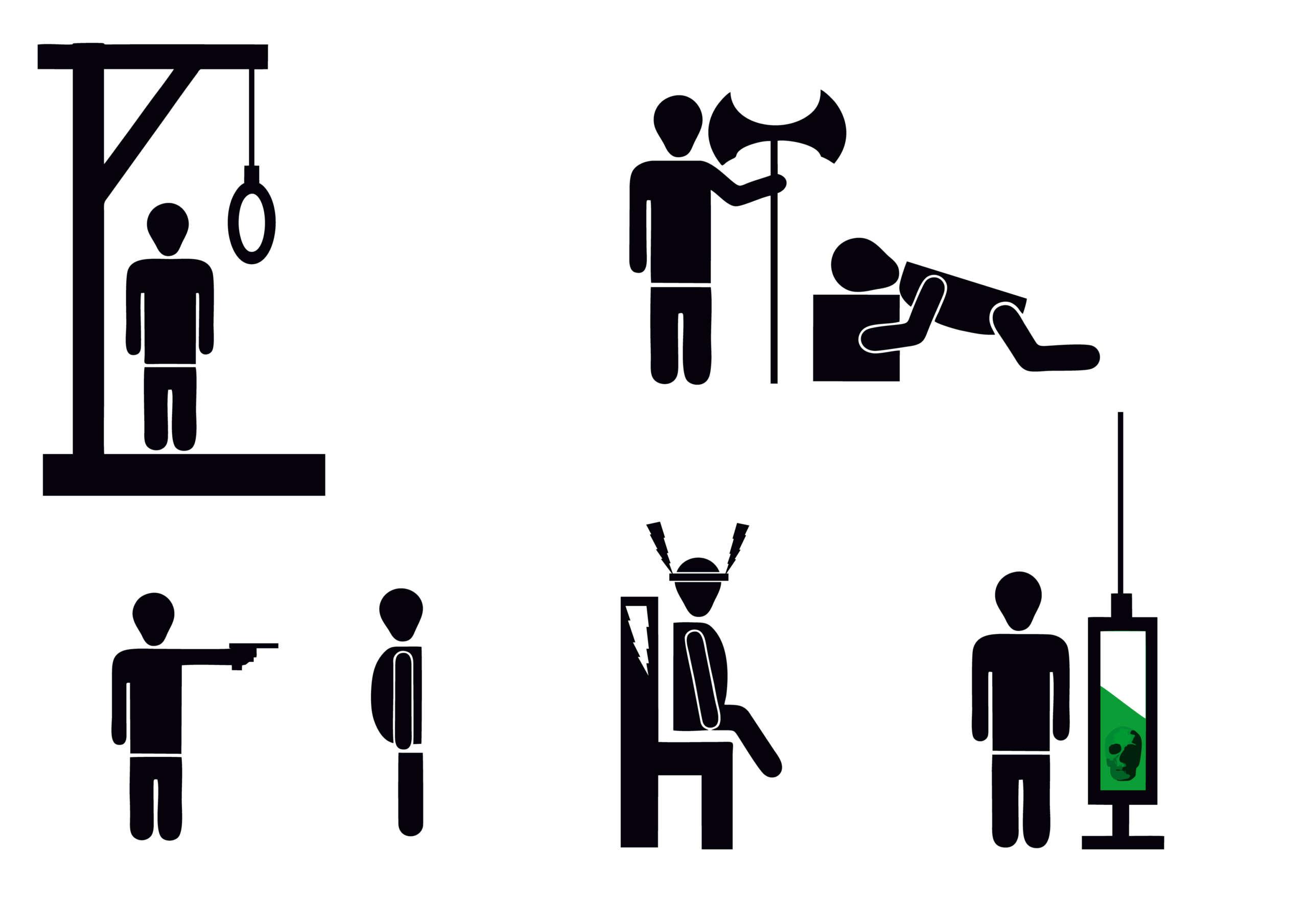- Feb 5, 2002
- 166,654
- 56,276
- Country
- United States
- Faith
- Catholic
- Marital Status
- Married
- Politics
- US-Others
The final abolition of the death penalty in the 2018 revision of the Catechism1 and follow-up confirmation in the latest Pope Francis encyclical, Fratelli tutti,2 both suggest that an anthropological development has arrived in world history in a way that should give us pause.
For many, the abolition of the death penalty seems “old hat,” like the Church declaring slavery an intrinsically evil act in Vatican II. Who would consider keeping the death penalty these days?
However, there remain significant American voices in favor of keeping the death penalty,3 and, even in the Catholic Church, there are those who, with reverence to past proclamations from the Magisterium, are not sure how the Church can “change her teaching.”4
Although exploring continuity in the tradition is certainly important, I think that, in this case, dissenting from the Magisterial change in approach to civil penal law misses the fundamental issue in the Catechism revision. What underlies these shifts in teaching is the development of the Church’s understanding of the dignity of the human person.
Moreover, since this development is based on the Church learning from her 2,000-year past, a theology of history is needed to explain how, today, in the modern world, we understand the human person’s rights in society in a way different from how we did in previous times.
Continued below.

 www.saintdominicsmedia.com
www.saintdominicsmedia.com
For many, the abolition of the death penalty seems “old hat,” like the Church declaring slavery an intrinsically evil act in Vatican II. Who would consider keeping the death penalty these days?
However, there remain significant American voices in favor of keeping the death penalty,3 and, even in the Catholic Church, there are those who, with reverence to past proclamations from the Magisterium, are not sure how the Church can “change her teaching.”4
Although exploring continuity in the tradition is certainly important, I think that, in this case, dissenting from the Magisterial change in approach to civil penal law misses the fundamental issue in the Catechism revision. What underlies these shifts in teaching is the development of the Church’s understanding of the dignity of the human person.
Moreover, since this development is based on the Church learning from her 2,000-year past, a theology of history is needed to explain how, today, in the modern world, we understand the human person’s rights in society in a way different from how we did in previous times.
The Death Penalty Is a Failed Sacrifice
Continued below.

Why the Death Penalty is No Longer Justifiable: A Comprehensive Analysis | Saint Dominic's Media
The death penalty is a form of violence that contradicts the Christian message of love and mercy. It is a failed sacrifice that does not bring justice or healing to anyone.
